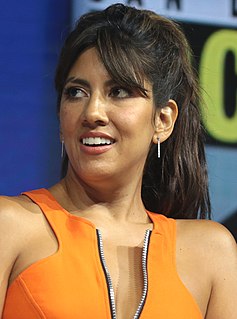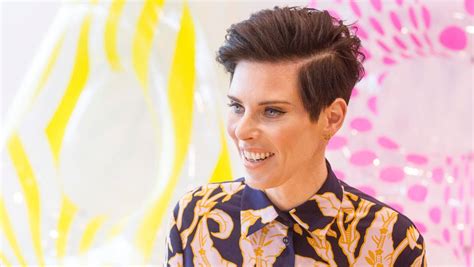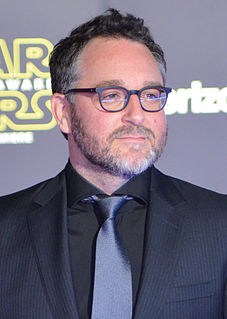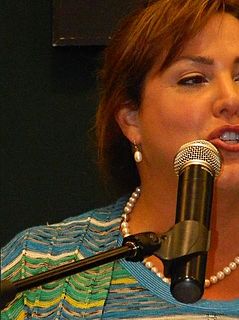A Quote by Kathryn Lasky
I did not find that writing a diary with a lead male character differed in any essential way from writing one with a female character. They all had the same challenges in terms of attempting to establish an identity, coping with loneliness, friendships, relationships.
Related Quotes
When you are writing, you have to love all your characters. If you're writing something from a minor character's point of view, you really need to stop and say the purpose of this character isn't to be somebody's sidekick or to come in and put the horse in the stable. The purpose of this character is you're getting a little window into that character's life and that character's day. You have to write them as if they're not a minor character, because they do have their own things going on.
If you're writing a bi character, did you look at a lot of bi actors for the role? Did you really go and find people that identified as queer? If you did, then great, and if you didn't find anyone you liked in that pool, well, that's surprising. If you write a character that's trans, the time is now - cast a trans actor.
When I'm writing, I try to have the mask of my character on as I'm walking through the world. When I'm not at my desk, the rest of the time, I try to stay in that character and see the world the way that character would It's almost like method acting in a way — keeping the character close the way the actor keeps a script close and always tries to be in character.
I'm so old that when I started keeping a diary they were in actual books, and I think that's one the reasons that I've never written about sex. Because early on you had to worry that someone was going to find your diary, so it's bad enough to be writing like Joan Didion, but writing like Joan Didion about sex acts you'd performed with somebody you had known for 20 minutes, that's a bit worse. So I would write in my diary, "I met J. and we had sex five times last night." But I would never write about what we did.
There’s an old writing rule that says ‘Don’t have two character names start with the same letter’, but I knew at the beginning that I was going to have more than 26 characters, so I was in trouble there. Ultimately it comes down to what sounds right. And I struggle with that, finding the right name for a character. If I can’t find the right name I don’t know who the character is and I can’t proceed.
The very dull truth is that writing love scenes is the same as writing other scenes - your job is to be fully engaged in the character's experience. What does this mean to them? How are they changed by it, or not? I remember being a little nervous, as I am when writing any high-stakes, intense scene (death, sex, grief, joy).


































